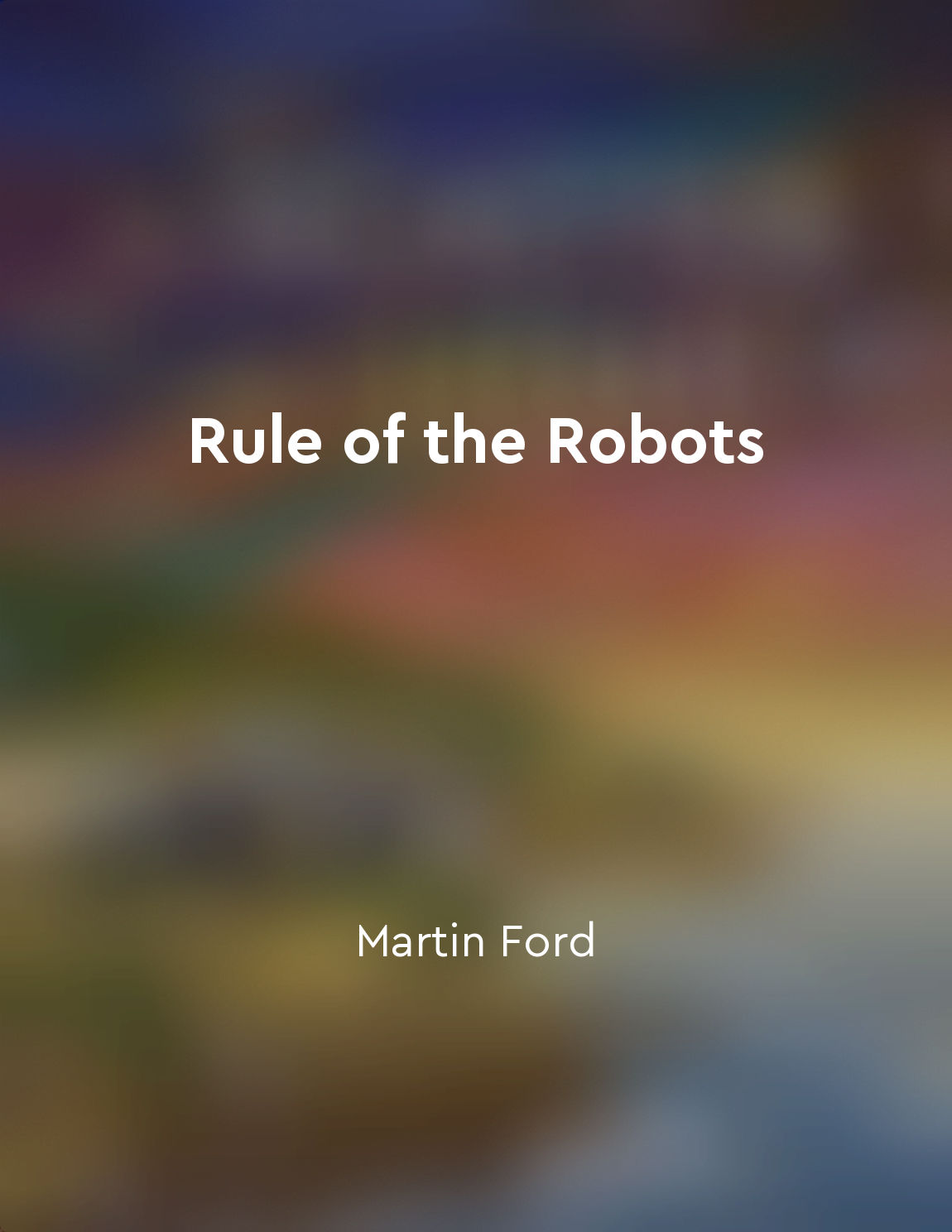Experts become less proficient when assisted by technology from "summary" of The Glass Cage by Nicholas Carr
Nicholas Carr delves into a fascinating concept that challenges our assumptions about the role of technology in enhancing human expertise. He argues that as experts rely more on technology to assist them in their tasks, they actually become less proficient in their abilities. This counterintuitive idea goes against the prevailing belief that technology always improves our performance and efficiency. Carr illustrates this concept with various examples, such as airplane pilots who have become overly reliant on autopilot systems. These systems, while sophisticated and efficient, can dull the pilots' skills and decision-making abilities over time. By delegating more tasks to technology, pilots may lose the hands-on experience and situational awareness that are crucial in emergency situations. Similarly, in the medical field, doctors who heavily rely on diagnostic tools and software may overlook important symptoms or misinterpret data. The technology may streamline the diagnosis process, but it can also hinder doctors' critical thinking and diagnostic skills. As a result, patients may receive incorrect or delayed treatment due to the overreliance on technology. Furthermore, Carr points out that technology can lead to a phenomenon known as automation bias, where experts unquestioningly trust the decisions made by machines. This blind faith in technology can erode their own judgment and expertise, leading to potentially disastrous outcomes.- Carr's exploration of how experts can become less proficient when assisted by technology challenges our assumptions about the benefits of automation and digital tools. By highlighting the potential pitfalls of excessive reliance on technology, he urges us to reconsider the balance between human expertise and machine assistance in various fields.
Similar Posts
The US has a strong foundation in technology and innovation
America's technological dominance didn't happen by accident. It was built on a solid foundation of innovation and a thriving ec...
Political polarization has eroded trust in experts
Political polarization in society has led to a troubling trend where trust in experts is rapidly eroding. This erosion of trust...
Technology can obscure the difference between reality and illusion
In Technopoly, Neil Postman explores how the proliferation of technology can lead to a blurring of the lines between what is re...
Smart machines are creating new job opportunities
As smart machines continue to revolutionize industries across the globe, there is a prevailing fear that these technological ad...
Bias present in algorithms
The bias present in algorithms is a thorny issue that often goes overlooked in the world of automation. Algorithms are designed...
Meditation can improve mental clarity
In our fast-paced, modern world, our minds are often cluttered with a constant stream of information and distractions. This can...
Embrace diversity of perspectives for problemsolving
In order to effectively solve problems, it is essential to welcome and consider a wide range of perspectives. By embracing dive...

The commodification of data is reshaping the economy, creating new forms of power and inequality
In the twenty-first century, data has become a valuable commodity that is reshaping the economy and society as a whole. With th...
Ecommerce is changing the retail landscape
The rise of ecommerce has had a profound impact on the traditional retail landscape, disrupting the way businesses operate and ...

Businesses must balance the benefits of automation with the impact on workers
In today's rapidly evolving technological landscape, businesses are increasingly turning to automation to drive efficiency and ...

